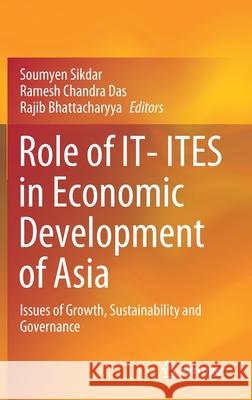Role of It- Ites in Economic Development of Asia: Issues of Growth, Sustainability and Governance » książka
topmenu
Role of It- Ites in Economic Development of Asia: Issues of Growth, Sustainability and Governance
ISBN-13: 9789811542053 / Angielski / Twarda / 2020 / 329 str.
Role of It- Ites in Economic Development of Asia: Issues of Growth, Sustainability and Governance
ISBN-13: 9789811542053 / Angielski / Twarda / 2020 / 329 str.
cena 403,47 zł
(netto: 384,26 VAT: 5%)
Najniższa cena z 30 dni: 385,52 zł
(netto: 384,26 VAT: 5%)
Najniższa cena z 30 dni: 385,52 zł
Termin realizacji zamówienia:
ok. 22 dni roboczych
Bez gwarancji dostawy przed świętami
ok. 22 dni roboczych
Bez gwarancji dostawy przed świętami
Darmowa dostawa!
Kategorie:
Kategorie BISAC:
Wydawca:
Springer
Język:
Angielski
ISBN-13:
9789811542053
Rok wydania:
2020
Wydanie:
2020
Ilość stron:
329
Waga:
0.68 kg
Wymiary:
23.39 x 15.6 x 2.06
Oprawa:
Twarda
Wolumenów:
01
Dodatkowe informacje:
Wydanie ilustrowane











